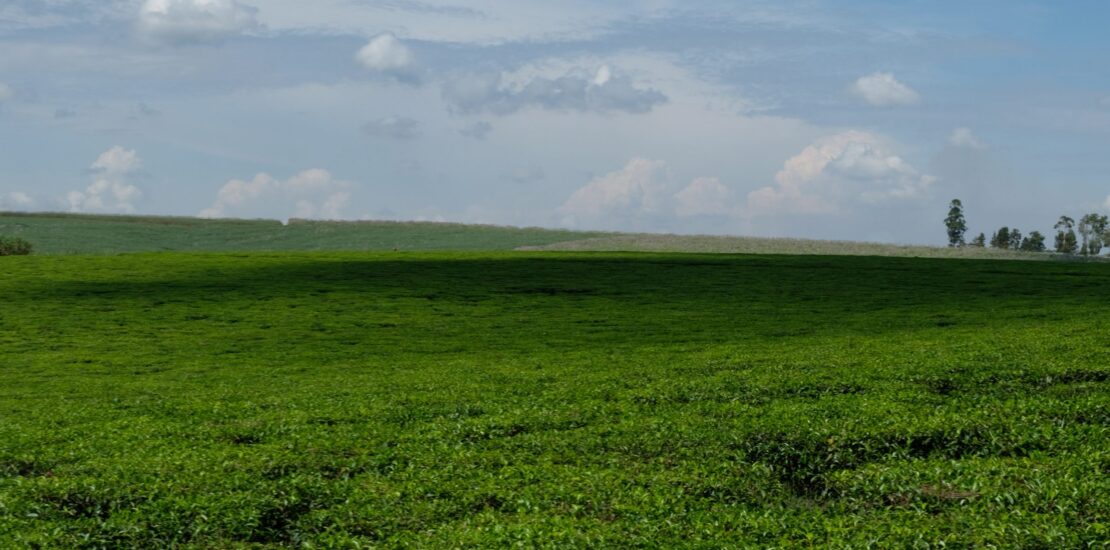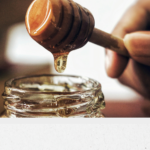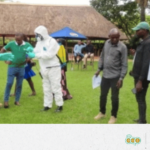Important information regarding non-renewal of plant protection product approvals
- 05/05/2020
- Posted by: Gaetan Dermien
- Category: Africa, Caribbean, News, Pacific

This news info provides an on regulatory changes concerning plant protection products
The European Commission (EC) has recently issued notifications of the non-renewal of approval under EU regulations of 4 key plant protection products: thiacloprid, beta-cyfluthrin, fenamiphos and mancozeb.
Following non-renewal of EU authorizations, the maximum residue levels (MRLs) are generally lowered to the limit of determination (LOD): 0.01 mg/kg. In most cases this will mean that these substances can no longer be used on crops for export to the EU.
Decisions on the new MRLs will be taken at forthcoming meetings of the European Commission Standing Committee on Plants, Animals, Food and Feed.
Considering the extensive use of these four substances in ACP horticulture, growers are advised to start looking for alternatives as soon as possible. It you have any major concern about these changes, and fear that you will be left without an effective and available alternative, please contact COLEACP at: network@coleacp.org (link sends e-mail).
Thiacloprid is an insecticide used to control sucking and chewing insects including: aphids, codling moth, wireworm, and fruit fly.
It is used on a wide range of horticultural crops in ACP countries including, but not limited to: chili pepper, eggplant, karella, mango, tomato, some citrus crops, cabbage, cauliflower, carrot, peas, and potato.
On January 14 2020, the European Commission published a Regulation (see here) withdrawing the authorization of thiacloprid for use in the EU by August 3 2020. The MRL will likely be reduced to the LoD, but the date of entry into force of the new MRLs is not yet known. COLEACP will keep you informed as soon as more information becomes available.
Beta-cyfluthrin is an insecticide effective against a range of common pests including migratory locusts, grasshoppers, loopers, cutworms, spittlebugs, leaf hoppers, caterpillars, armyworms, weevils, and stinkbugs.
It is used on a wide range of crops in ACP countries including: baby & sweet corn, beans, macadamia, tomato, corn, cotton, peanuts, sorghum, sugarcane, sugar beet, wheat, brassicas, sweetcorn, potatoes, tomatoes, and root vegetables.
On February 20 2020, the European Commission has notified the World Trade Organisation of its decision not to renew the approval of beta-cyfluthrin. The draft regulation can be accessed here.
The date of entry into force is not yet known. COLEACP will keep you informed as soon as more information is available.
Fenamiphos is an insecticide and nematicide used to control nematodes and aphids.
It is used on a wide range of horticultural crops in ACP countries including: fruit bananas, citrus, pineapples, tomatoes, peppers, aubergine, cucumber, and zucchini.
On February 27 2020, The European Commission has notified the World Trade Organisation of its decision not to renew the approval of fenamiphos. The draft regulation can be accessed here.
The exact date of entry into force is not yet known. COLEACP will keep you informed as soon as more information is available.
Mancozeb is a fungicide for the control of a wide range of pathogens.
It is used on many key horticultural crops including: amaranth, apples, avocado, baby & sweet corn, banana, beans, broccoli, carrot, cauliflower, celery, citrus, coconut, cruciferae, cucumber, cucurbits, guava, head cabbage, kale, lettuce, mango, melon, onion, papaya, pea, pepper, potato, squash, sweet potato, tomato, tuber crops, and watermelon.
On April 17 2020, The European Commission has notified the World Trade Organisation of its decision not to renew the approval of the active substance mancozeb. The draft regulation can be accessed here.
The exact date of entry into force is not yet known. COLEACP will keep you informed as soon as more information is available.
The COLEACP online database (E-GAP) is accessible to all its members and beneficiaries. To date, it is one of the few sources of this information specifically dedicated to the horticultural sector in ACP countries.
This tool provides information on the maximum residue limits currently in force. It also provides the Good Agricultural Practices (dose rate, interval between treatments, pre-harvest intervals,etc.) that ensure compliance with these MRLs. Additional information such as the type of pesticide, the registration status of the active substance in the EU and in ACP countries, the classification recommended by the World Health Organisation (WHO) and the resistance group is also provided.
The COLEACP database, E-GAP, is accessible with your login and password in the e-service section of our website: here.
If you wish to obtain further information or if you encounter any problems in using the database, please contact COLEACP at the following address: network@coleacp.org (link sends e-mail).




